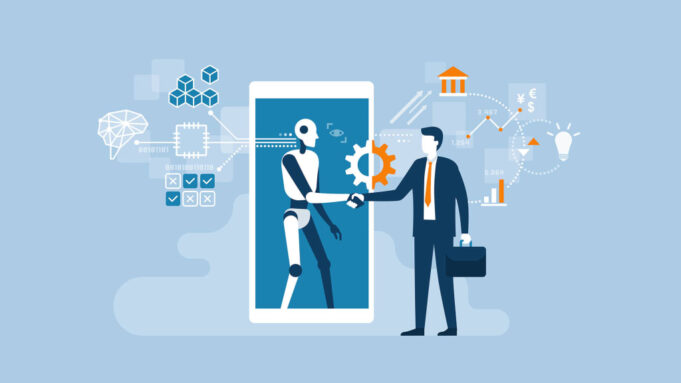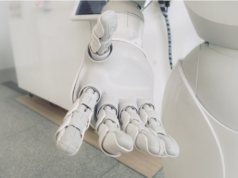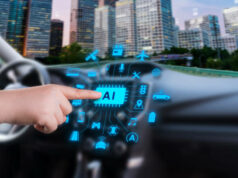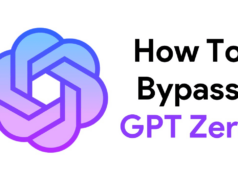Growth hacking and growth ops have become integral for businesses looking to rapidly expand their customer base and revenues. While growth teams have traditionally relied on data, testing, and optimization, artificial intelligence (AI) is now taking growth strategies to the next level.
AI sales tools are enabling businesses to understand customers, personalize experiences, and predict trends better than ever before.
Understanding Customers with AI
One of the key tasks for growth teams is understanding user behavior and preferences. By gathering data on how customers interact with a product and respond to different features, growth experts can better inform business decisions about what to build, market, and optimize.
AI makes it possible to gather and make sense of customer data at a far larger scale than humans could alone. By analyzing usage patterns, clicks, conversations, and more, AI systems can surface relevant insights and trends. This includes identifying which features drive adoption, which types of customers have the highest lifetime value, and even predicting which users are most at risk of churning.
Computer vision is another AI capability that is allowing businesses to better understand customers. By processing images and videos, AI can track subtle facial expressions, emotions, demographics, and behaviors. Brands can leverage these visual insights to create more targeted and impactful marketing. For example, AI analysis of video ads can identify the most engaging parts of an ad by seeing which sequences elicit the most positive viewer reactions.
Personalizing with AI
Armed with rich customer insights, AI is also powering approaches to serve each customer with hyper-personalized experiences. AI-driven personalization spans across websites, apps, marketing campaigns, customer support, and more.
Recommendation engines use machine learning to understand each user’s preferences and determine the products, content, or features they would most likely be interested in. Chatbots analyze dialogues and data inputs to route customers to the information they need. Marketing automation platforms equipped with AI tailor messaging and offers to different audience segments.
With personalization, growth teams can boost conversion rates and foster long-term loyalty. AI enables customization at scale, without requiring intensive manual optimization. Brands can deliver targeted interactions for thousands or even millions of customers, while continuously using feedback data to improve relevance.
Predicting Trends with AI
Growth strategies rely heavily on being able to anticipate trends, whether that’s predicting viral content, surfacing new customer demands, or identifying issues before they escalate. Here too, AI offers immense potential through its ability to process volumes of historical data and detect hard-to-spot patterns.
By feeding growth data into machine learning models, AI can uncover trends and make quantitative forecasts. For example, natural language processing of community forums, social media, and other conversations can help brands identify emerging topics and concerns early. Brands can then quickly validate hypotheses through rapid testing.
Marketers are also applying AI to predict which pieces of content will take off before publication, based on analysis of past performance. Growth product managers are using AI to roadmap feature development by modeling likely user reactions. Across the board, being able to act on data-backed predictions enables more agile, proactive growth planning.
The Future with AI Tools in Business
The applications of AI for supercharging business growth are only just emerging. As algorithms become more advanced and data more abundant, AI will likely expand into additional capabilities like automated copywriting, programmatic experimentation, and hyper-realistic customer simulations.
For now, even incorporating some of the current AI tools around understanding customers, personalizing experiences, and predicting trends can significantly boost growth. AI provides scale, speed, precision, and foresight that human efforts alone cannot match. Much as automation, data, and optimization shaped the disciplines of growth in the past decade, AI promises to transform best practices in the decade to come.
Rather than displacing existing jobs, AI will likely elevate growth experts to more strategic and creative roles. Growth practitioners will need to expand their skill sets to become savvy at deploying AI, interpreting outputs, and maximizing business impact. But by collaborating with AI systems, growth teams can pursue more ambitious goals and drive results further than ever.

















